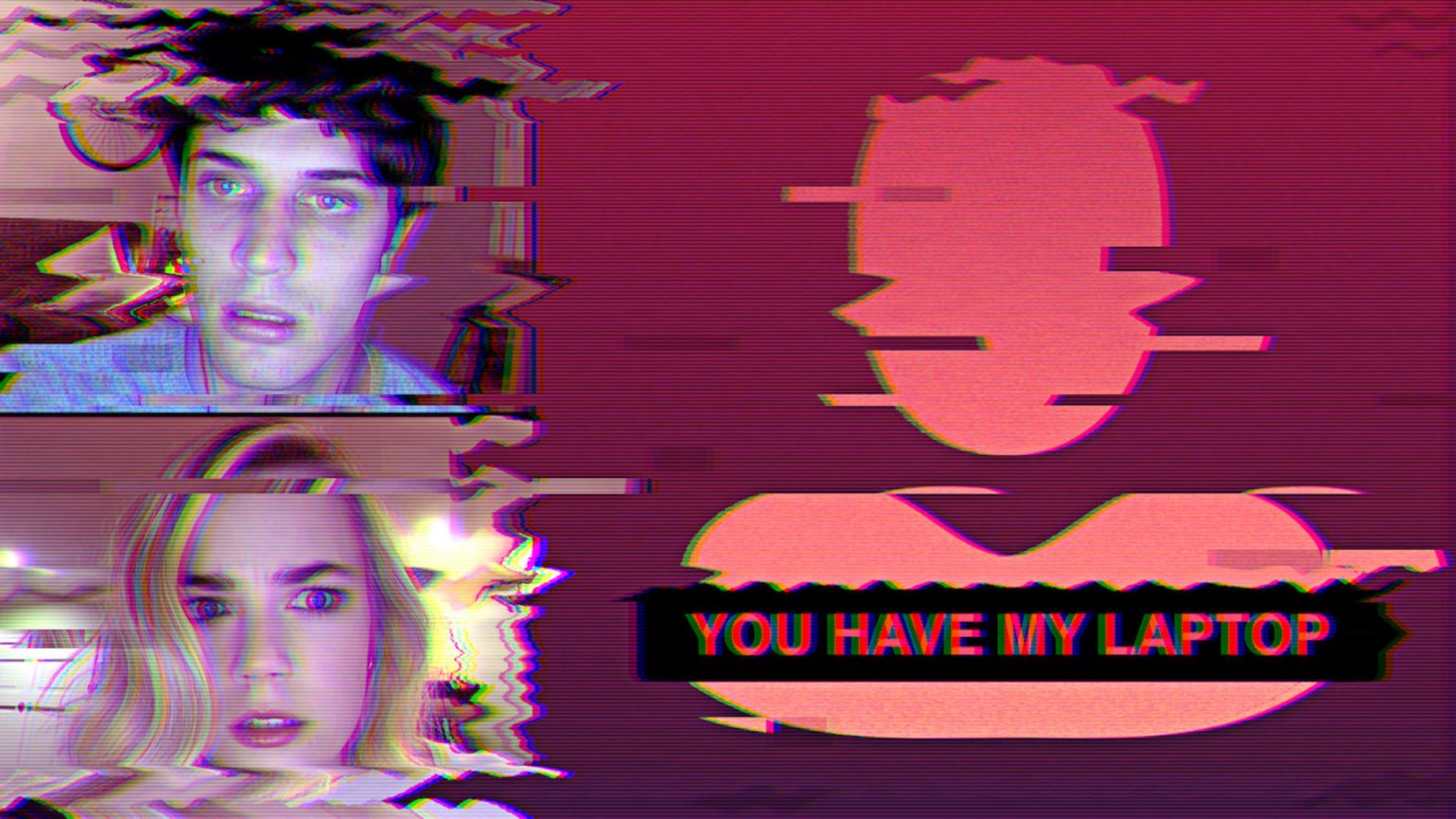Every now and then there is a perceived threat, either real or imagined, that inspires artists to create commentary and lawmakers to make policy and propaganda. In the 1930s fear of marijuana and its effect on youth and culture led many lawmakers to a campaign against the drug. Many exploitations and pseudo-propaganda films were to follow. While we can now look back at movies like Marihuana and Reefer Madness and laugh, these movies, through a combination of bad science and racism, played on the fears of contemporaneous audiences.
While Marihuana hoped to stimulate that fear by portraying the effects of the drug, the director’s grasp of human behavior, especially “under the influence,” was pretty ridiculous and driven by the demands of exploitation filmmaking and anti-drug hysteria. Though the timing of the film’s release—a year before marijuana was made illegal—is conspicuous. It could be argued that Marihuana, and movies of its ilk, contributed to the drug’s eventual criminalization. Ultimately though, what Marihuana accomplishes successfully is showing a fear of youth being manipulated into addiction and crime by all-powerful and malevolent adults.
In a way, Unfriended: Dark Web speaks to and plays on, the cultural fears that these, albeit laughable, exploitation films employed as their central conflicts. While in the 1930s marijuana held droves of middle-class suburbanites in abject fear, in the twenty-first century it’s the seemingly infinite power of technology and the Internet (as well as our reliance on it) that both fascinates and frightens us. And, more precisely, like Marihuana, Unfriended: Dark Web expresses a fear of being overpowered by forces (whether the NSA or worse) beyond one’s control.
Unfriended: Dark Web is a sequel in name only—by the end of Levan Gabriadze’s original movie every character had been killed off. For the second installment, writer/director Stephen Susco has created a completely new narrative that retains the trope of telling the story through computer screens while abandoning the first film’s supernatural elements in favor of the suspense and horror of the real world.
The film begins with Matias (Colin Woodell) trying to re-configure a laptop he’s stolen from a café. In a Skype chat session with a group of friends, he begins receiving odd and cryptic messages. He proceeds to explore the computer further and comes to realize that the owner was deep into the dark web of the Internet and that the computer contains almost a terabyte’s worth of snuff videos. Needless to say, the owner of the laptop wants it back and Matias has to figure out how to return it without getting himself or anyone else that he cares about killed.
The last twenty minutes of the movie amount to a race to kill off its characters played out in a world where its villains have total control to a degree that begs plausibility. Regardless, these sequences have a nightmarish power, culminating in perhaps the film’s most disturbing scene, in which cops are manipulated into killing a man after excerpts from his YouTube videos are electronically edited into a phone call that sounds like a violent threat. The reason this scene works so well is that it pushes real-life incidents, like swatting “pranks” and the police being called on innocent people, one step further into the sphere of terror.
And all of this is exacerbated by the fact that even before the horrors of the movie begin to unfold, its characters are fully “in the grip” of technology and social media. If films like Olivier Assayas’ Demonlover or Michael Haneke’s Happy End portray the Internet and technology as representative of a kind of moral failure amongst their characters, Unfriended: Dark Web demonstrates that there’s no non-technological option available to its characters.
Unfriended: Dark Web shows almost no gore, but it’s far gloomier than many bloodier movies. Like the exploitation films of the twentieth century, it aims to diagnose the problems of the culture it represents. But unlike those movies, the terror depicted in Unfriended: Dark Web, though hyperbolic, might very well be our new reality. The real terror is the awareness that, like the fates of Matias and his friends, there may not be any escape from the technological world we’ve created.
Watch Now: Marihuana.




